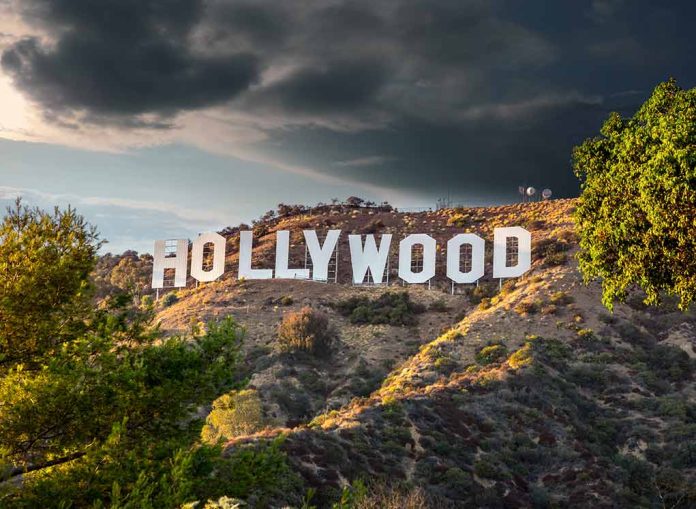
Donald Trump proposes a 100% tariff on foreign films, aiming to revive and protect the American movie industry.
Key Takeaways
- Donald Trump announced a 100% tariff on foreign films, targeting movies made outside the U.S., citing national security concerns.
- Trump claims the American movie industry is declining due to incentives offered by other countries to attract filmmakers.
- The proposed tariffs would apply to films but not television, and there are uncertainties about their implementation and scope.
- Commerce Secretary Howard Lutnick expressed support for the initiative.
Trump’s 100% Tariff Proposal
Donald Trump has announced his plan to impose a 100% tariff on all foreign-produced films entering the United States. He frames this move as necessary to safeguard the U.S. movie industry, highlighting concerns over national security and cultural dominance. This decision comes amid growing incentives offered by foreign governments aiming to lure U.S. filmmakers abroad. Major U.S. studios with international activities are closely monitoring the situation.
The directive to initiate this tariff process has already been given to both the Department of Commerce and the U.S. Trade Representative. This initiative aligns with the views of actor Jon Voight, who advocates for stronger domestic film industry support through potential federal tax incentives.
Implications for the U.S. Film Industry
The scope of the tariffs remains uncertain. It is unclear if they will impact streaming services aside from theatrical releases. The implications for U.S. buyers of international films and for international box office performance could be significant. Reciprocal actions by other countries, such as China’s reduced import of U.S. films from previous diplomatic tensions, might follow.
“The Movie Industry in America is DYING a very fast death. Other Countries are offering all sorts of incentives to draw our filmmakers and studios away from the United States. Hollywood, and many other areas within the U.S.A., are being devastated. This is a concerted effort by other Nations and, therefore, a National Security threat. It is, in addition to everything else, messaging and propaganda! Therefore, I am authorizing the Department of Commerce, and the United States Trade Representative, to immediately begin the process of instituting a 100% Tariff on any and all Movies coming into our Country that are produced in Foreign Lands. WE WANT MOVIES MADE IN AMERICA, AGAIN!” Trump wrote on Truth Social.
Despite existing setbacks, Hollywood has experienced a surprising 15.8% box office increase in 2025, showing potential resilience. However, the fear of reciprocal tariffs risks overshadowing these gains, urging industry stakeholders to closely evaluate any upcoming changes.
Government Support and Industry Concerns
Commerce Secretary Howard Lutnick has expressed his full support for Trump’s initiative, signifying internal governmental unity. Appointing actors Sylvester Stallone, Mel Gibson, and Jon Voight as “Special Hollywood Ambassadors” demonstrates a strategic cultural appeal, though none have publicly commented on the tariffs themselves.
The unfolding situation requires a detailed understanding of potential impacts on both the domestic and international film industries. Stakeholders must navigate these possible financial and diplomatic implications with care as the details of enforcement evolve.





